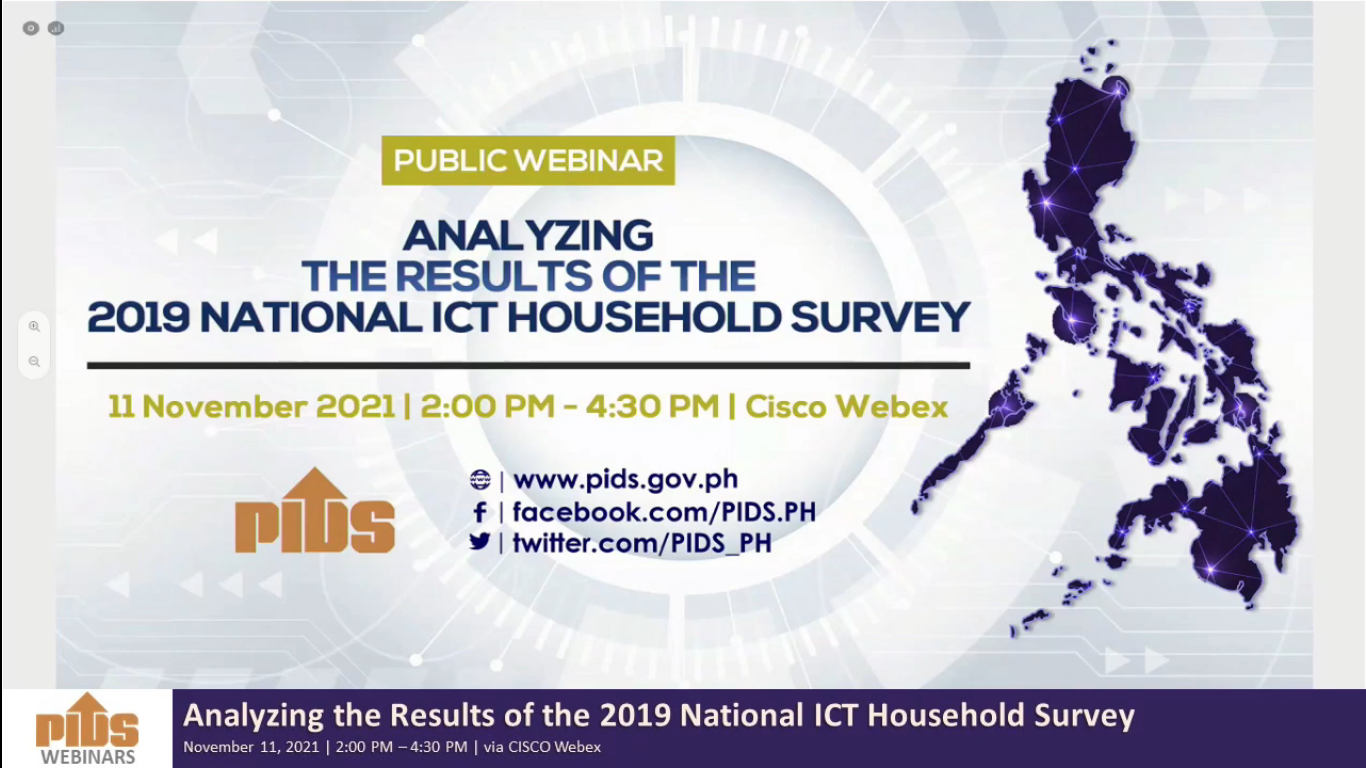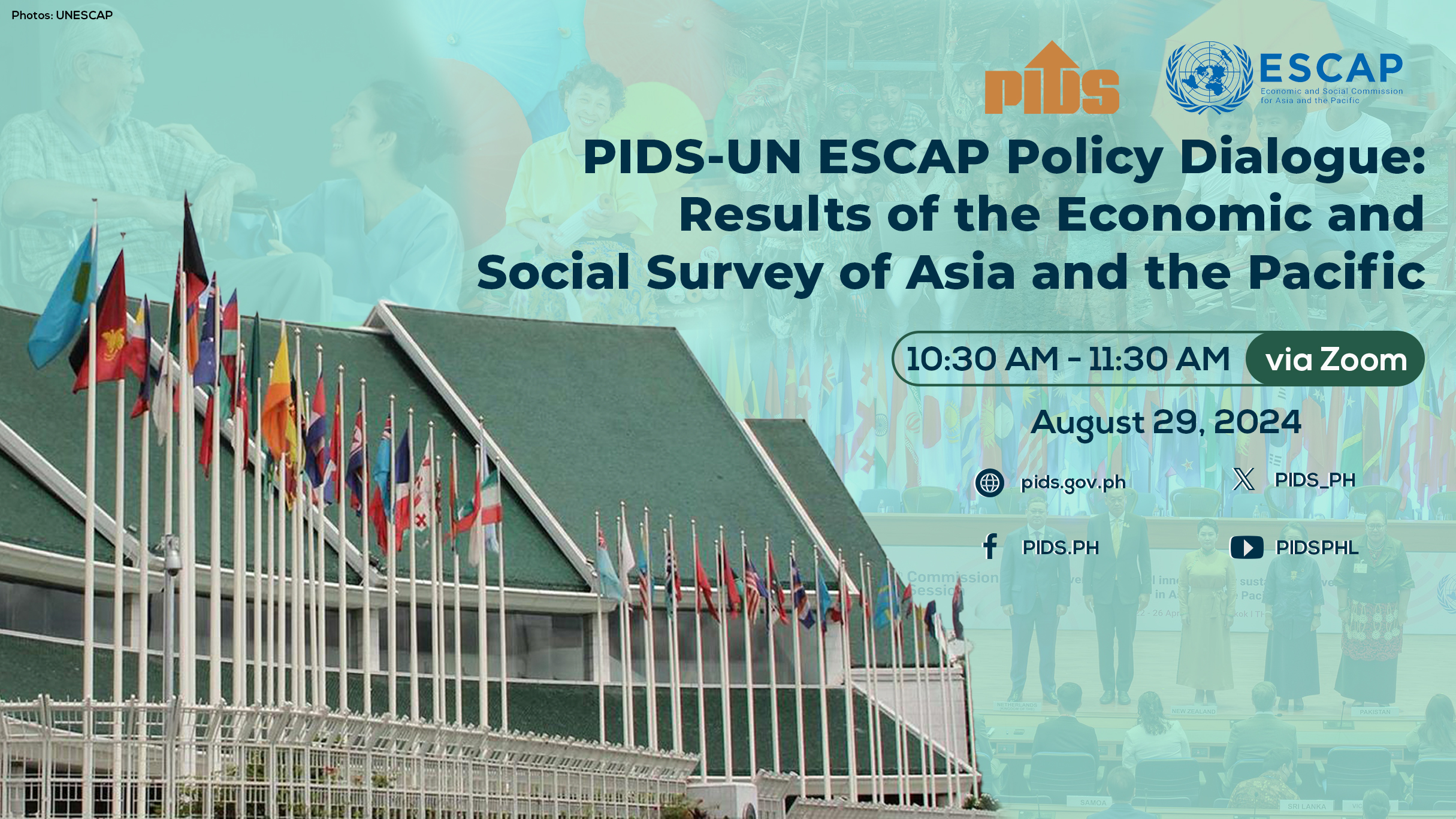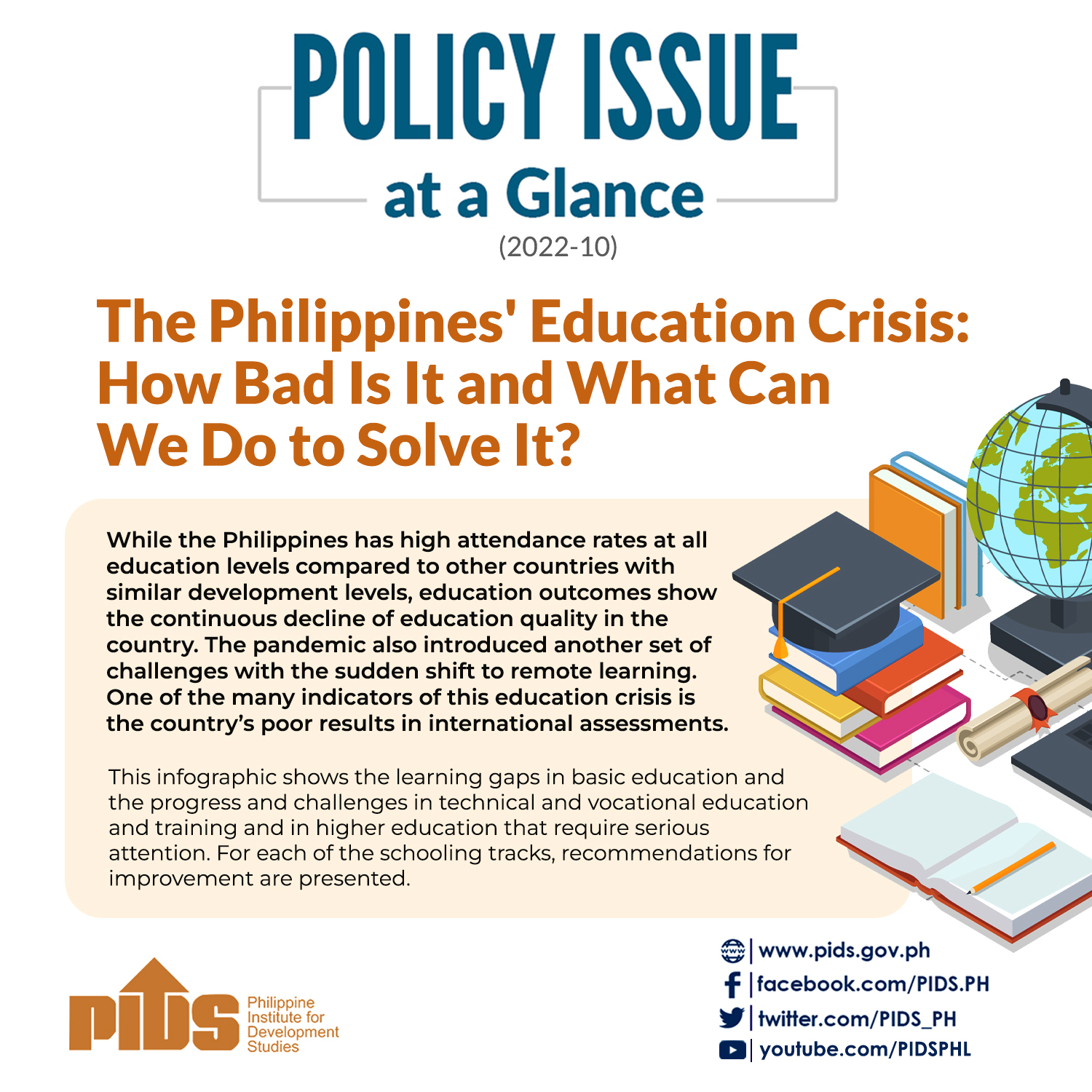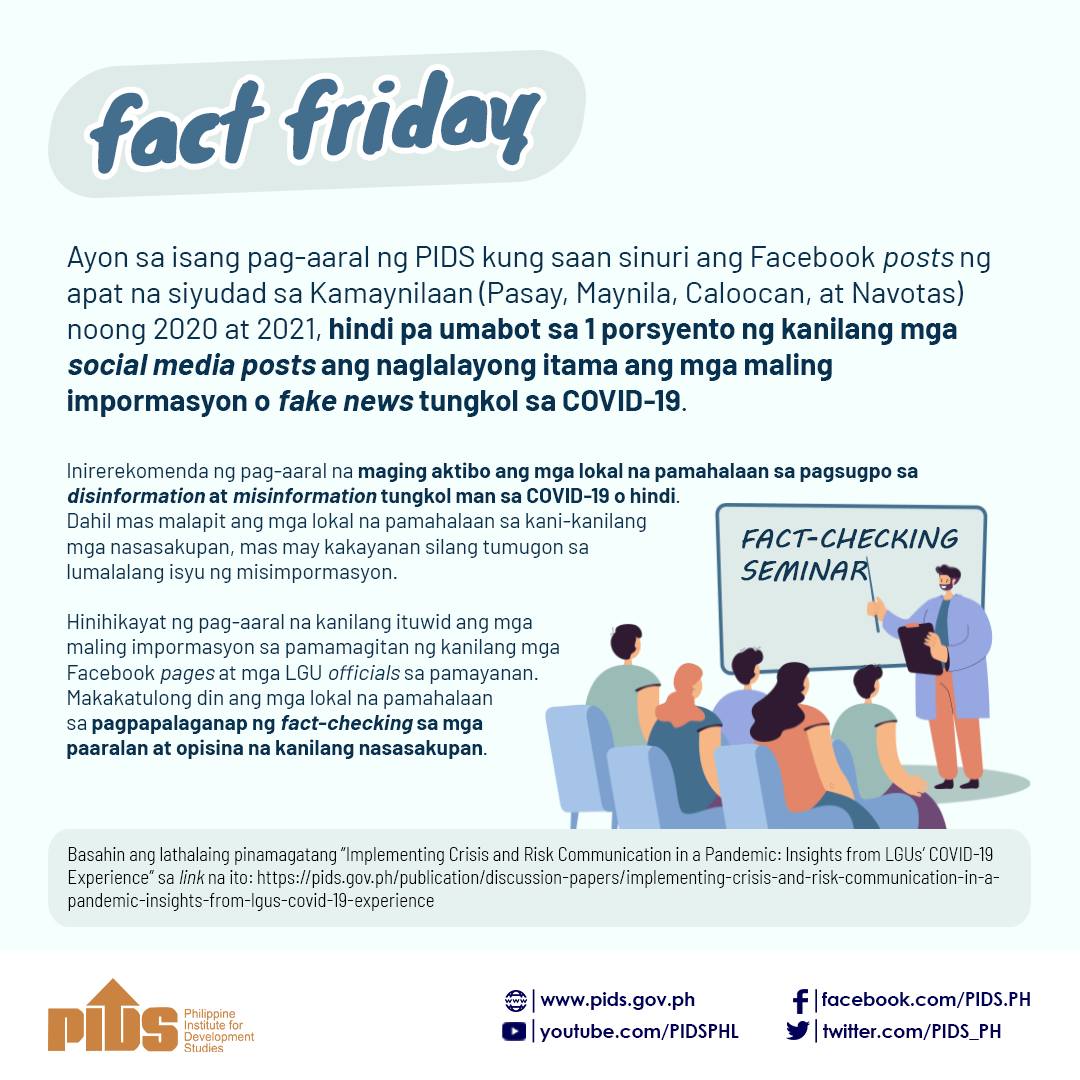MANILA, Philippines—While class suspensions are imperative, especially when disasters strike, the almost three months of learning that were lost in school year 2023-2024 are already “symptoms of the grave education crisis.”
Jonathan Geronimo, vice chairperson of the Alliance of Concerned Teachers (ACT), had this stressed as he pointed out that the lost teaching days mirror the tough reality that students and teachers have to confront every day.
“[It] illustrates the real daily challenges that our teachers and learners experience on the ground due to faulty policies and lack of sufficient government funding,” he told INQUIRER.net.
Based on the findings of the Second Congressional Commission on Education (EDCOM 2) and the Philippine Institute for Development Studies (PIDS), 53 teaching days were lost because of school closures and non-teaching responsibilities added to teachers’ tasks.
GRAPHIC by Ed Lustan/INQUIRER.net
The 53 days, EDCOM 2 said, were already equivalent to almost three months of teaching, which already comprise 30 percent of the 180-day contact time for teaching, which is required by the Department of Education (DepEd).
“This is concerning,” said the report.
As stated in DepEd Order No. 23 in 2016, both public and private schools are directed to strictly observe 202 school days every school year, with 180 days designated as non-negotiable contact time.
For Dr. Mike Abrigo, senior fellow of PIDS, actual teaching days are lost because of these, based on the result of the 2024 Survey of Public School Teachers and data compilations of EDCOM 2 and PIDS:
- School closures because of conflicts and typhoons
- Teachers’ non-teaching tasks such as workshops, trainings, and administrative responsibilities
- Student off class activities
Based on data from EDCOM 2 and PIDS, 32 teaching days were lost to school closures because of calamities, including the high heat indices, which reached “dangerous” levels in April and May. Twelve days were lost to teachers’ non-teaching tasks.
The rest, or nine teaching days, were lost because of local non-working days (4); student off-class activities (4); and conflict (1), EDCOM 2 said in a statement that was released last week, June 19.
It was pointed out by Abrigo that there were practically no face-to-face classes in April to May due to the high heat index across the Philippines: “These figures are estimates because we need to weigh this with the actual incidence by day.”
Hindrance to learning
Last year, the DepEd instituted its revised curriculum, saying that the old one was overloaded with too many lessons, which required instructors to teach an excessive number of learning competencies — with very limited time available for instruction.
“Both teachers and learners were overburdened with lessons and other school tasks and activities,” said Vice President Sara Duterte, who was still the education secretary last year.
“The result was devastating for our learners. It compromised their mastery of fundamental skills such as reading and solving simple math problems,” she said, stressing how it contributed to “our learning losses”.
Now, the DepEd said that the “decongested” Matatag Curriculum will give greater emphasis on the development of foundational skills such as literacy, numeracy, and socio-emotional skills, so that learners would be more competent and active.
At least 35 schools have already started the pilot-test of the curriculum across seven regions—Ilocos Region, Cagayan Valley, Central Visayas, Central Mindanao, Cordillera Administrative Region, Metro Manila, and Caraga.
But with the lost contact time, Karol Mark Yee, executive director of EDCOM 2, said that “even if we keep decongesting the curriculum, if there is no opportunity or actual days to teach the students, there is very limited time to absorb the lessons.”
As pointed out by EDCOM 2, this may limit the implementation of the new curriculum.
Learners’ standing
For Geronimo, the lost contact time last school year is “interrelated to a myriad of other problems in the public school system,” saying that this is the reason why a comprehensive set of reforms has to be carried out.
Based on data from the 2022 Programme for International Student Assessment (PISA), which covered 690,000 students from 81 countries, the Philippines’ standing in three subjects—reading, math and science—“were about the same” as in 2018.
In 2018, when it took part in the assessment, the Philippines scored the lowest in reading (340) and second lowest in math (353) and science (357). For 2022, the country scored 347 in reading, 355 in math, and 356 in science.
As explained by EDCOM 2 and PIDS, while alternative course delivery modes, like modular and online learning, were used when sweltering heat prompted schools to close, students still had limited interaction with their teachers.
Geronimo pointed out that teaching days lost to high heat indices “indicate the lack of intelligence behind the policy of holding classes in hot months,” saying that it even exposes the pitiful state of public schools—overcrowded but with no ventilation.
“This is an issue of class size and facilities that can be best remedied with bold measures to build more classrooms, hire more teachers and upgrade our infrastructure standards,” he said.
Neglected?
As for the contact time lost to teachers’ administrative work, Geronimo stressed that “it exposes how the public school system has been abandoned for a very long time—without the barest minimum administrative staff necessary for its operation.”
But as stated in DepEd Order No. 002 this year, schools are already prohibited from including administrative responsibilities, such as records and financial management, into the workload of teachers.
“These would go a long way in recovering lost teaching days. However, given the severity of the issue, we hope the DepEd could seriously look into the matter and find creative solutions to address this,” said Yee.
Last February, the government announced that the school year 2024-2025 will start on July 29, so that schools can gradually revert to the old school calendar, which is June to April.
It was stressed by Geronimo that “for so long, administrations have been wracking their brains for swift fixes and stop-gap measures, always arguing that the more substantial solutions will take time to implement.”
He said that if only game-changing solutions were enforced, such as increasing the education budget and carrying out a thorough-going program of building and developing schools, hiring enough teachers and administrative staff and increasing their salaries and benefits, “we could have been reaping the benefits of such brave investments by now.”
“We have to start somewhere with these substantial solutions and we have to start now,” he said.












